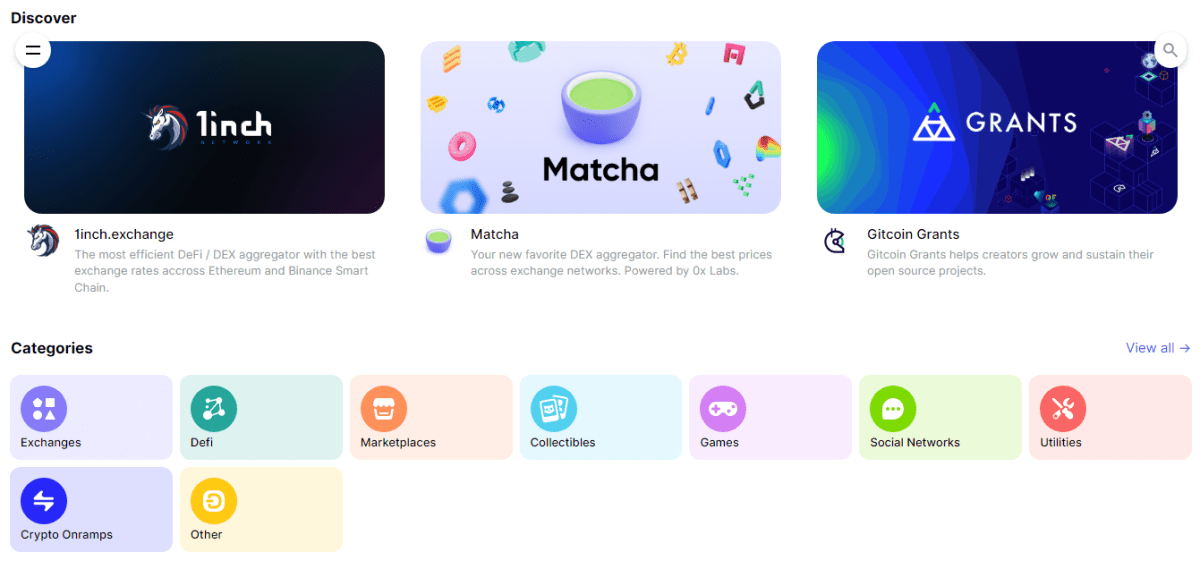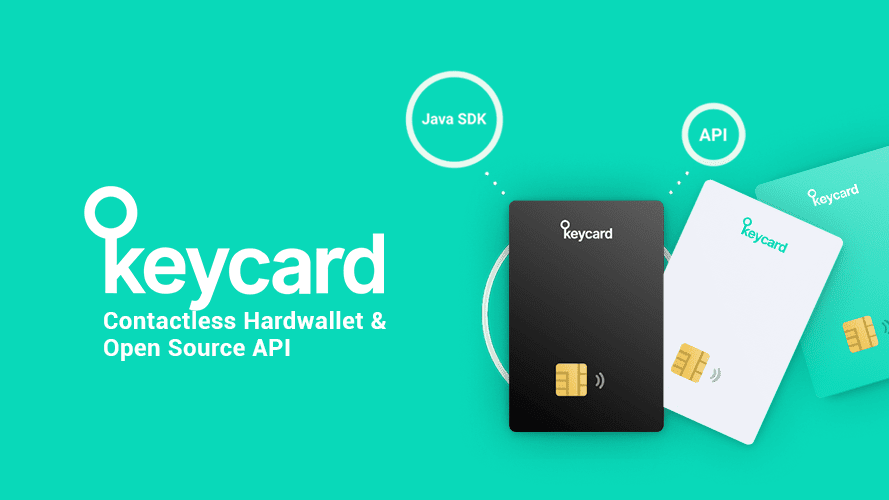Status (SNT): Unveiling the Discreet Solutions on Ethereum

Status introduces a suite of security-focused products that facilitate easy access to dApps within the Ethereum ecosystem. The project boasts a secure messaging platform, a Web3 browser, and a pair of non-custodial wallets with NFT support. And these offerings merely scratch the surface of the services Status delivers.
The Status Platform
The Status project's core mission is to actively champion the proliferation of the Ethereum network's dApps and assets, thereby enriching this ecosystem with their innovative developments.
Messages within the decentralized messenger aren't stored on specific servers, they're safeguarded by blockchain technology and transmitted in encrypted form using end-to-end encryption (e2ee).
The developers view this not merely as a messenger, but as a distributed mobile operating system. Users, through a single interface, can send and receive messages, perform transactions and transfers. The Web3 browser enables streamlined access to a directory of over 2000 dApps - users simply need to select an application and link their mobile wallet. Furthermore, the developers have facilitated the exchange of information and integration via APIs.
The Status platform was established in June 2017 by Carl Bennetts and Jarrad Hope, seasoned veterans in managing software sales companies.
Status Services
The Private Blockchain Messenger
The Status app extends beyond just secure personal messaging, offering the ability to establish private one-on-one or group chats. Built atop peer-to-peer technology, the messenger is designed to guard against third-party spying or surveillance, making it a secure alternative to platforms like Telegram or WeChat.
The app has seamlessly incorporated a crypto wallet into its messenger, enabling users to perform transactions directly within chats. Users also have the freedom to create and sell their stickers, earning SNT tokens via a decentralized marketplace. The only requirement for account creation is a unique username, with no need for a phone number, e-mail, or any other personal details. This free, open-source messenger invites any interested users to contribute additional features.
Utilizing end-to-end encryption, every message maintains default confidentiality. Neither the app's team nor any third party can access the contents of the messages—only the sender and recipient. This level of protection extends to all messages, including archived ones, safeguarding them against potential breaches, even in the event of a user's encryption keys being compromised.
The All-in-One Mobile Crypto Wallet
The Status Wallet is a non-custodial wallet, which means only the asset owner has access to their funds and holds responsibility for their private keys' safety. This mobile wallet facilitates the sending, receiving, and storing of various Ethereum assets such as ETH, SNT, DAI, and diverse NFTs.
Furthermore, the Status Wallet affords easy access to Web3 dApps through its integrated browser. It also supports the creation and management of multiple accounts as per user requirements.
The Private and Secure Web3 Browser
The browser unlocks access to a host of features including the DeFi market, dApps, decentralized exchanges (DEX), gaming ventures, marketplaces, and more.
The quest for decentralized applications is streamlined with the utilization of Discover (Dap.ps) – a catalog of dApps where like-minded applications are organized under diverse categories.

dApps catalogue. Source: dap.ps
The Pseudonymous Account Generator
During the account creation process, the algorithm whimsically selects three words—two adjectives and one animal name—which become the user's unique pseudonymous handle.
The registration process also includes the generation of a key pair, one public and one private, for both chat and wallet functionalities. These keys, together with the SEED phrase, should be stored securely.
Users can opt to swap their cumbersome public key with a concise name for a small fee of 10 SNT. This makes it more user-friendly, albeit at the slight expense of account privacy. All changes are maintained within the Ethereum Name Service.
The Supplementary Hardware Wallet - KeyCard
Users can protect their assets and keys with KeyCard – a contactless interface hardware wallet for offline storage. It pairs well with the mobile wallet and can act as a secure safe for asset backup. The KeyCard is priced at €24.90.
Sporting an NFC antenna and styled like a payment card, the KeyCard can be seamlessly integrated with other crypto wallets, hardware, or dApps via an open API.
The private keys, stored exclusively offline on the KeyCard, allow the wallet to facilitate hardware-secured transaction authorization. Therefore, even in the event of a smartphone theft, the assets remain secure due to the KeyCard.
KeyCard can also function as an additional layer of security during two-factor authentication (2FA). Users can employ a combination of KeyCard and PIN, thereby enhancing their security profile.
The developers have made considerable strides in achieving harmony between software and hardware, thereby improving the usage of Ethereum network services.

The KeyCard hardware wallet could be easily confused with a traditional credit card. Source: keycard.tech
The SNT Token
The native ERC20 token of the Status project, SNT, enables access to a variety of internal services, additional tools, features, applications, and the purchasing of services and products within the platform. However, this doesn't exclude its use for exchange trading or investment purposes.
The SNT token can be found on many centralized exchanges (CEX) such as Binance, OKX, Huobi, HitBTC, Coinbase, etc., as well as on decentralized exchanges (DEX) like Uniswap.
Over 3.847 billion SNT are currently in circulation, out of a total supply of 6.804 billion coins. There is no maximum issuance limit.
With a market capitalization of $162 million, the SNT ranks 267th on CoinMarketCap.

